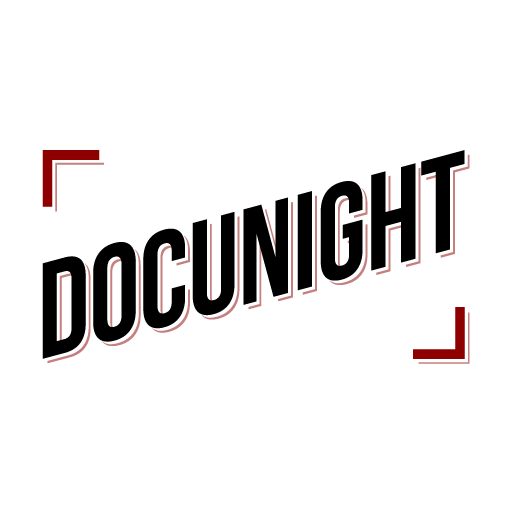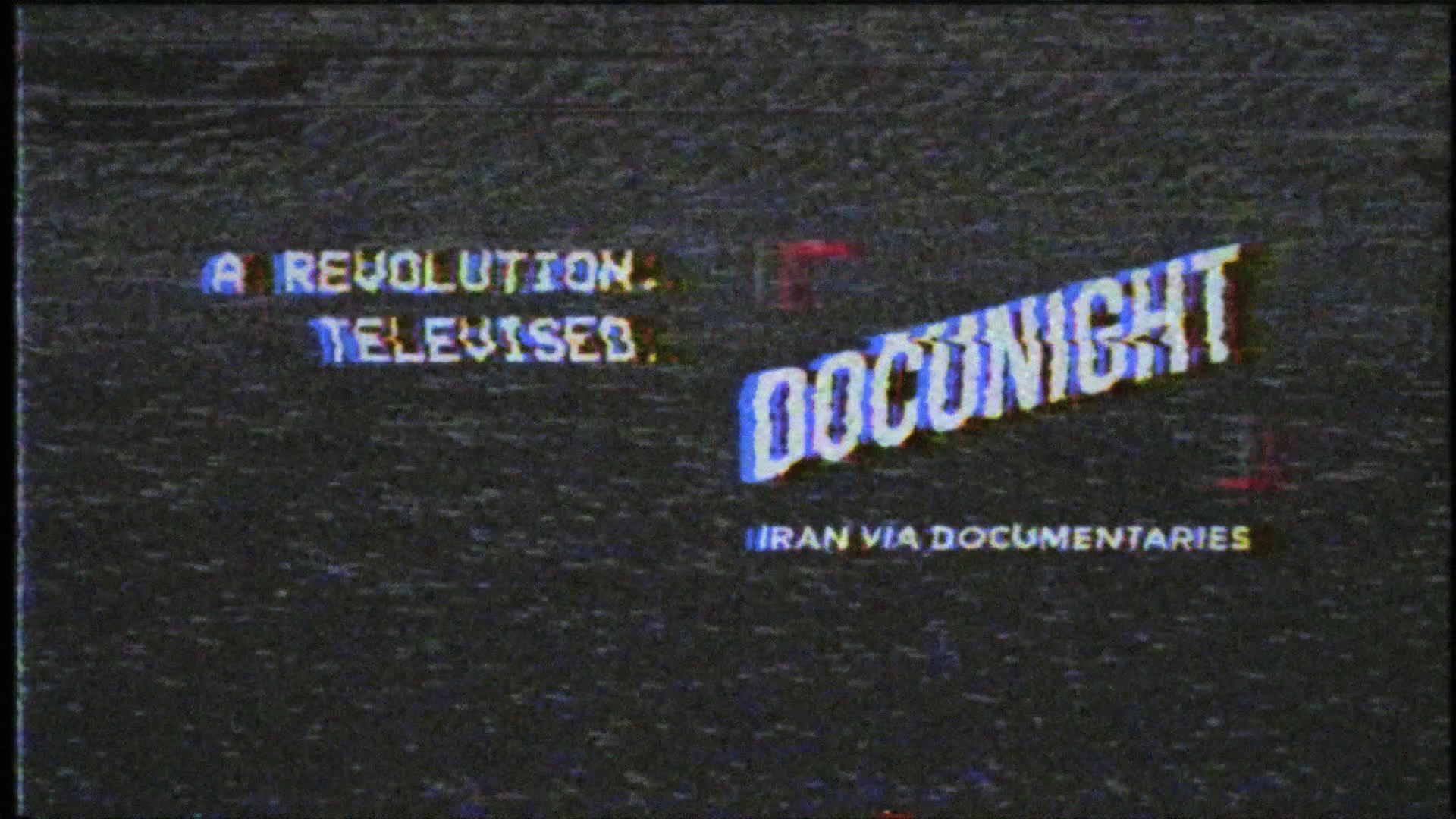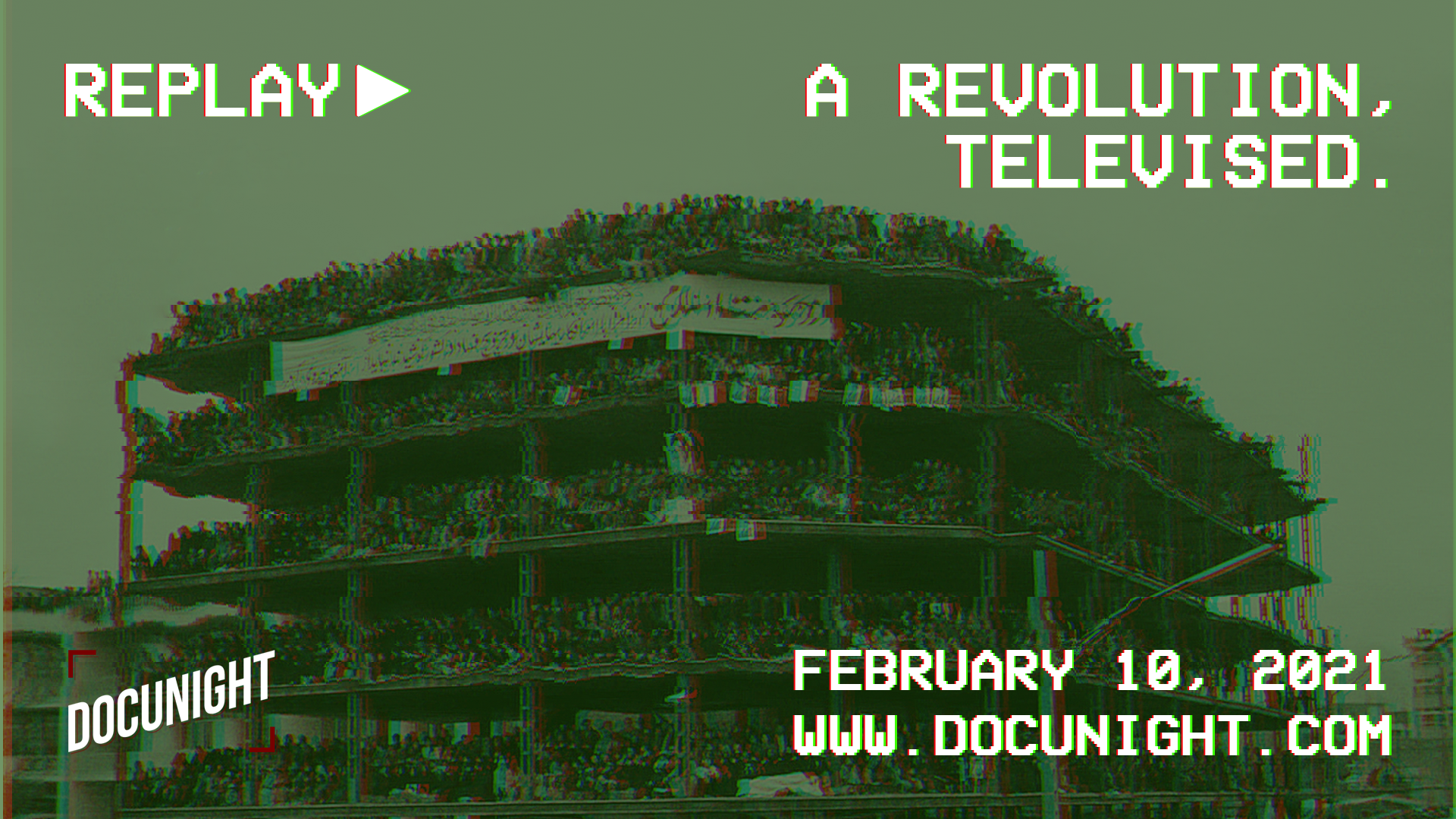
A Revolution, Televised.
More than four decades after the 1979 Revolution, we showcase the work of filmmakers who captured the atmosphere of the time. ‘A Revolution, Televised’ is a collection of documentaries by Iranian, European, and Arab filmmakers whose works explore the nexus between the personal and the political, to question the boundaries between perception and reality, and show how cinema itself became part of the broader socio-political fabric of society.
In this collection, Docunight proudly presents the films of distinguished Iranian and international directors, filming and crowd-documenting the turbulent weeks and months of the revolution, depicting its social and cultural impact, and tracing its national and international legacy throughout the years.
To provide our audience with the best viewing experience possible, Docunight has worked on improving the quality of some of these important films which will be screened in their enhanced format for the first time at ‘A Revolution, Televised’.
Program
This program covers the 1979 revolution from many different angles. ‘The Pulse of History’ and the restored version of ‘For Freedom’ shows us real-time revolution footage. ‘The Newborns’, now in its enhanced format, portrays a vision of post-revolution Tehran while, ‘Iran, Utopia in the Making’ in its online streaming premiere, takes the viewer all around this fascinating country. In the aftermath of the revolution, women’s rights became a much-debated topic in society and is the subject matter of ‘Iranian Women’s Liberation Movement: Year Zero’. A newly enhanced version of ‘Search One’ follows the quest for those who went missing during the revolution. And the now restored ‘First Case, Second Case’ is essential viewing for those who want a deeper understanding of the ideological differences which split the revolution into various factions.
The role of cinema itself, both before and after 1979, inevitably became an obvious subject for many Iranian filmmakers. Many years after the revolution, some of them were driven to revisit and explore life in Iran as told through the prism of cinema and from an artist’s perspective. Among that body of work are documentaries such as ‘Blames & Flames’, ‘Seconds of Lead’, ‘Iran: A Cinematographic Revolution’ and ‘Filmfarsi’.
Regardless of one’s take on the revolution or knowledge about it, we feel that these thought-provoking documentaries will undoubtedly appeal to many people.
Reviews & Articles
-
REVOLUTION, TELEVISED
It has happened more than once. While speaking with documentary filmmakers of a certain generation (Med Hondo, one of the greatest African filmmakers, for one) I have been told how much they would have loved to go to Iran in
-
As If It Were Yesterday: Seyed Reza Razavi’s Hidden
“Forty years ago? I drink tea and forget it after ten minutes!” Comments like this from Iranian citizens on their faded ability to recall their younger days come up in Seyed Reza Razavi’s Hidden (2019), as its team endeavours to
-
Still in Time: On Kianoush Ayari’s The Newborns
Iranian cinema has become synonymous with its most significant rupture: the 1979 Revolution. This is true across popular, journalistic, and academic sources. Scores of monographs, articles, and festival programs insist upon pre- and post-revolutionary cinema as the most logical structure
Sponsors
As a small non-profit entity, Docunight, an initiative by the Kiarostami Foundation, has always relied on the help of our community. “A Revolution, Televised.” program only became possible because of the hard work of a small group of volunteers, and a handful of partners and sponsors.
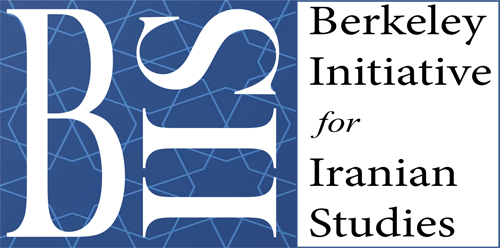
University of California, Berkeley
Middle Eastern Languages and Cultures
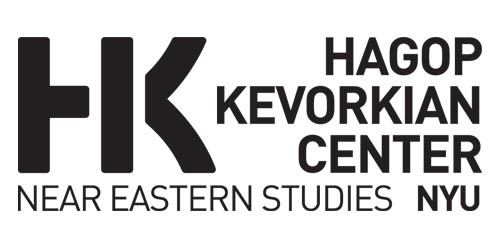
New York University
Hagop Kevorkian Center for Near Eastern Studies

University of Washington
Near Eastern Languages and Civilization
Persian and Iranian Studies Program
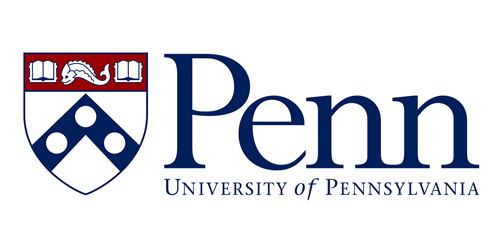
University of Pennsylvania
Department of Near Eastern Languages & Civilizations

University of Chicago
The Pozen Family Center for Human Rights
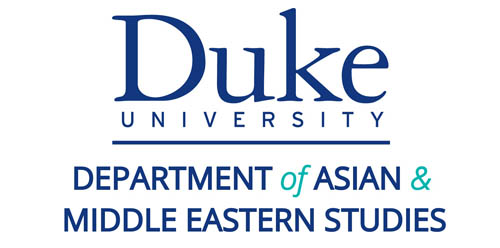
Duke University
Department of Asian & Middle Eastern Studies

Johns Hopkins University
Middle East Studies
School of Advanced International Studies (SAIS)

University of California, Davis
Near Department of Comparative Literature and Middle East/South Asia Studies

